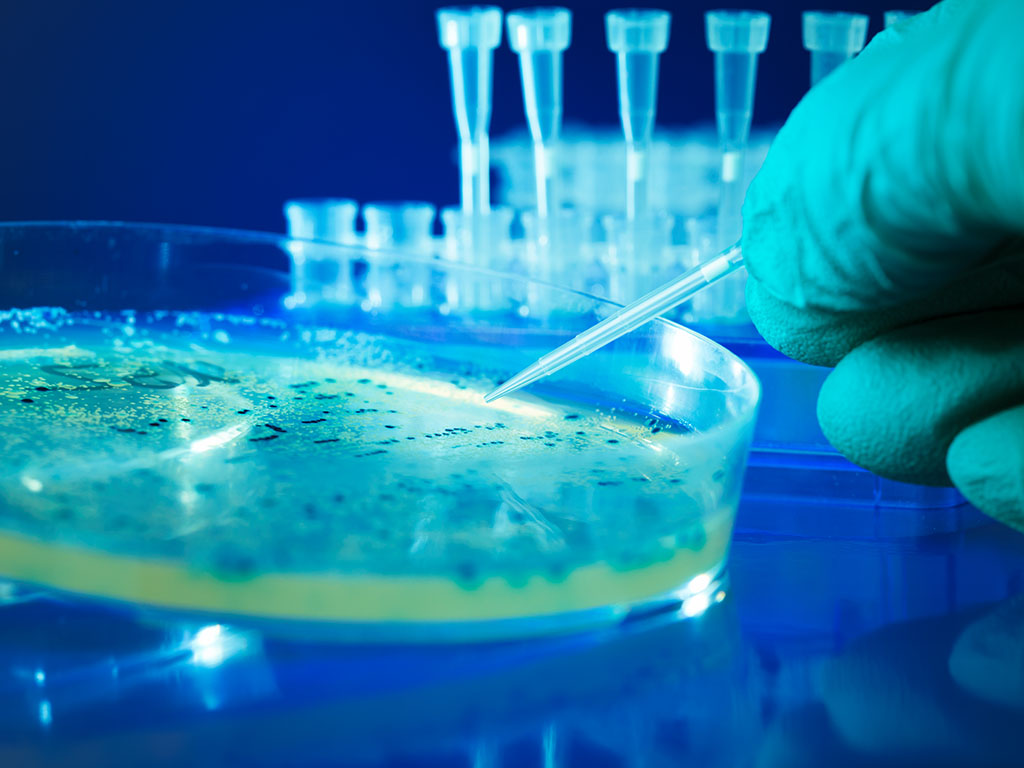 In August, we are diving into the Heersink School of Medicine’s new research focus areas—four key areas that will help shape the future of research at our Academic Medical Center.
In August, we are diving into the Heersink School of Medicine’s new research focus areas—four key areas that will help shape the future of research at our Academic Medical Center.
First, we discussed D-TECH—Disruptive Technology Empowering Precision Health—which takes a data-driven approach to disease prevention through diagnostics, genetics, and biology to improve health outcomes. Then, we looked at the focus area of Health Equity which seeks to understand underlying drivers while disseminating multi-level interventions that lessen the burden of intersectional inequities, ultimately improving health within the Deep South region.
This week, we explore I-4ward (Infection, Inflammation, Immunity, and Immuno-Therapy).
Focus area: I-4ward
I-4ward (Infection, Inflammation, Immunity, and Immuno-Therapy) is an area that focuses on the microbes that promote health and disease, inflammatory processes, the immune system, and immune-targeted medicines and therapies.
Led by Frances Lund, Ph.D., professor in the Department of Microbiology and Director, Immunology Institute, the I-4ward focus area spans biomedical research. From basic, fundamental studies in microbiology, cell biology, pathology, structural biology, glycobiology, and molecular biology to biochemistry, immunology, and translational studies—the subspecialties covered by I-4ward seek to understand the pathophysiology of acute and chronic infectious, inflammatory, and immune-based diseases and therapies.
Finding the balance
“Inflammation, which can be defined as the immune system’s response to danger, is critical for healing and elimination of agents that cause damage in our bodies,” said Lund, “whether that be a virus or a tumor or a splinter in the finger. However, inflammation can itself be quite damaging if the inflammatory process lasts too long and is not resolved.”
Lund said scientists now understand that inflammation contributes to all chronic diseases affecting different organs in our bodies—from our hearts to our brains to our joints. “Investment in the areas covered under I-4ward is important as it will allow us to define the fundamental mechanisms that regulate the balance between protective and damaging immune responses.”
Understanding the balance in inflammatory protective and damaging responses may allow experts “to develop immune-therapies that can be used to shift that balance in favor of protection from infection and cancer while preventing exacerbation of chronic inflammatory diseases,” she explained.
Like the other focus areas, the I-4ward mission does not end at understanding. I-4ward is translational as it targets validation in pre-clinical models and testing of these interventions in human clinical trials. It builds on foundational understanding to discover and produce small molecule drugs, immunotherapies, and vaccines.
Moving 4ward
Lund said she is excited to lead the I-4ward focus area. “I believe that we can make fundamental advancements to our basic understanding of how the immune system interacts with the body’s other organ systems and the many other innocuous or dangerous entities present in our environment.”
Since day one, her career has focused on the discipline of Immunology. “As a young undergraduate student, I was fascinated by the question of how the immune system can distinguish between something that is inherently dangerous and something that can be safely ignored,” she said.
“The field has moved forward by leaps and bounds over the last 30 years, but that ‘simple’ question I had as an undergraduate still hasn't been completely answered.”
Lund said she is looking forward to supporting clinical and basic researchers as they develop therapeutics to "harness the incredible power of the immune system to improve human health."